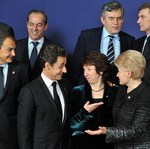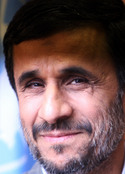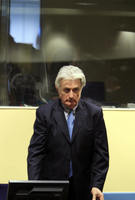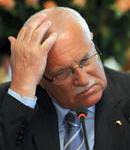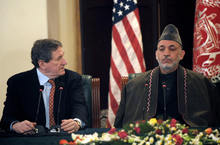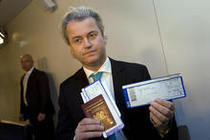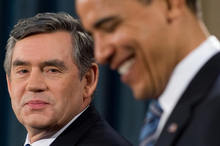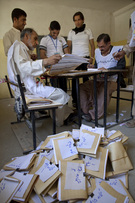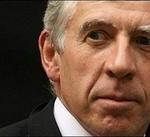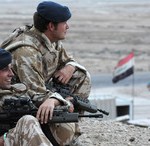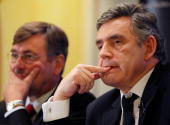Money talks in Afghanistan
Afghan politics stinks; we all know it. But it’s still shocking to read how the former governor of Helmand, Sher Mohammed Akhundzada, encouraged his supporters to join the Taliban after he lost his position, in 2005, under a cloud of drug-running allegations. Here’s what he tells today’s Telegraph: “When I was no longer governor the government stopped paying for the people who supported me …. I sent 3,000 of them off to the Taliban because I could not afford to support them but the Taliban was making payments. Lots of people, including my family members, went back to the Taliban because they had lost respect for the government. The



